Fresh calls in the Netherlands to ban paying for sex
Commercial Sexual Exploitation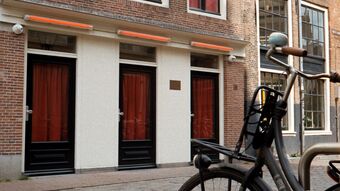
Parliamentarians in the Netherlands are renewing calls to make paying for sex a punishable offence, in a move which could see an end to Amsterdam's famous red light district.
The coalition party Christian Democratic Appeal, who are junior partners in the Netherlands government, are leading calls to see paying for sex banned in a proposal presented to the cabinet. The proposal was debated on 3 September in Tweede Kamer, the lower house of the Dutch parliament.
Prostitution is currently legal in the Netherlands, as long as it involves sex between consenting adults.
Turning women into 'products'
CDA member Anne Kuik, who submitted the proposal, told AD Newspaper that paying women for sex turns them into a "product".
Kuik believes her proposals to overhaul the law are ultimately about women's equality, pointing out that 95 per cent of women working in the red light district are from poorer Eastern European countries. Her proposals are therefore about "emancipation and protecting women in a vulnerable position."
"Prostitution by definition means inequality...most prostitutes would not actually want to have sex with the man in front of them. But it still happens, because it is paid...So consent is bought, the woman is a product. That is no longer possible in these modern times."
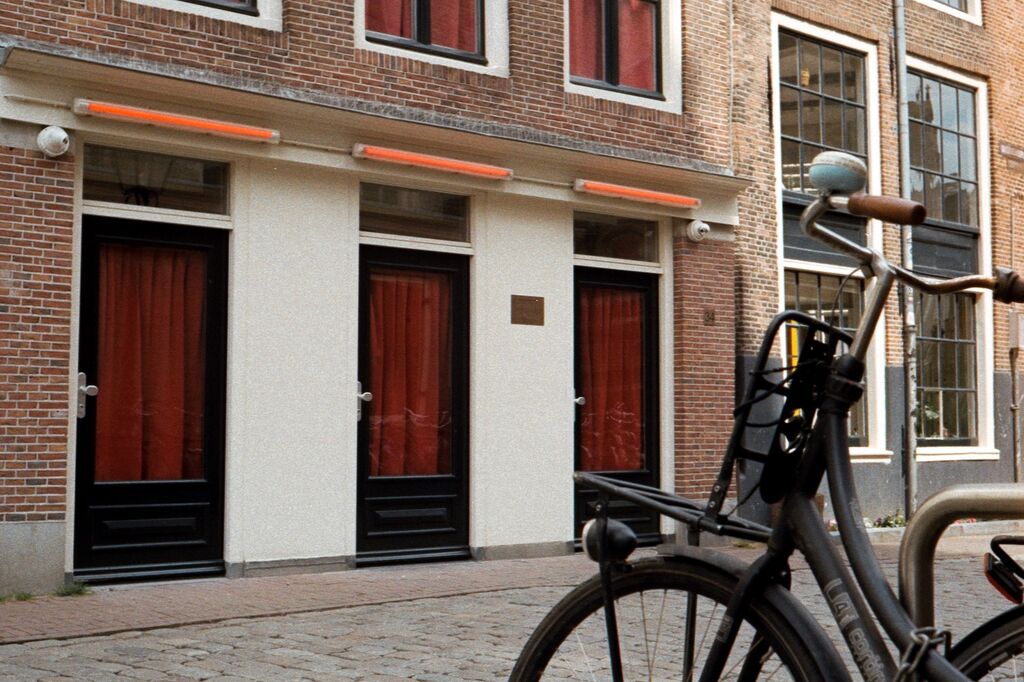
Introduce the Nordic Model
Kuik wants to see the Netherlands introduce the Nordic Model, where it is a criminal offence to purchase sex. This was the model introduced in Sweden back in 1999, where the buyer of sex is prosecuted but a woman who sells sex is not, as this model recognises the inherently exploitative and vulnerable circumstances those in prostitution overwhelmingly find themselves in.
Following the introduction of the Nordic model in Sweden, reports have shown that there has been a decrease in overall levels of prostitution, a reduction in on-street prostitution and a significant reduction in the numbers of men saying they have paid for sexual services, from 13.6% in 1996 to 7.5% in 2014.
Reports from both Sweden and Norway, who adopted a similar law in 2009, have identified that a further advantage of this model is that the police report deterrent effects on trafficking and organised crime involvement in prostitution.
Why CARE supports the Nordic Model
Although certain activities associated with prostitution (such as soliciting) are illegal in Britain, It is currently legal to pay for sex in England, Scotland and Wales.
Whilst some say they enter prostitution as a free choice and do not find it to be a negative or detrimental experience, it is more often a lack of choice that forces people to enter prostitution.
Last year, the Conservative Human Rights Commission held an inquiry into prostitution in England and Wales. They found that “the overwhelming majority of those in prostitution would not meet the threshold for establishing free choice – most describe their choice to enter prostitution as dictated by their circumstances.”
Amongst the circumstances that lead women to enter prostitution, one of the most common is childhood abuse. Home Office data has shown that 45% of those in prostitution report an experience of sexual abuse and 85% of physical abuse during their childhood. The data also shows that many people enter prostitution under 18 years old, through family circumstances or grooming.

Prostitution is innately harmful
The innately harmful nature of prostitution is precisely why some advocate for it to be decriminalised, as they argue this improves conditions if safe venues are provided for prostitution. There is no clear evidence of a reduction in violence and, in fact, violence increases following decriminalisation – largely because there are no criminal ramifications for individuals paying for sex, and violence and unprotected sex are considered to be ‘acceptable’.
In the Netherlands, where prostitution was legalised in 2000 in order to ‘regulate’ criminal activity, there is clear evidence that organised crime and illegal prostitution continues alongside the legal sector, such as sex with underage individuals or performing violent sex acts. Even in legal establishments, between 50% and 90% of people in prostitution in Amsterdam have been coerced.
"If you ask people on the street if they would like their daughter to work in prostitution, everyone will say no. But we do let young women from poor parts of Europe do this work. That is hypocritical."
Legalised prostitution encourages trafficking and sexual exploitation
Legalising prostitution, as in the Netherlands, also makes trafficking much harder to police.
In the Netherlands, one assessment of the challenges of addressing trafficking in the Dutch legalised prostitution sector concluded that “the legalization and regulation of the prostitution sector has not driven out organized crime. On the contrary, fighting sex trafficking using the criminal justice system may even be harder in the legalized prostitution sector.”
According to a police study between 50% and 90% of all those involved in prostitution in Amsterdam have been coerced into it, even in legal establishments.
Not for Sale
No model is perfect, but only the Nordic model serves to protect a majority of vulnerable people whose experience of prostitution is profoundly harmful and exploitative.
The current model of legalisation adopted by the Netherlands clearly does not recognise this reality, and ultimately fails to protect those who are vulnerable.
Similarly, in Britain, the best way of tackling prostitution and the demand for sexual exploitation is to introduce the Nordic Model and invest in services which help women exit prostitution.
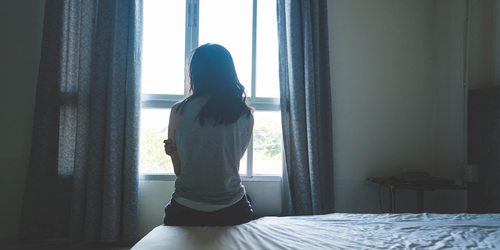
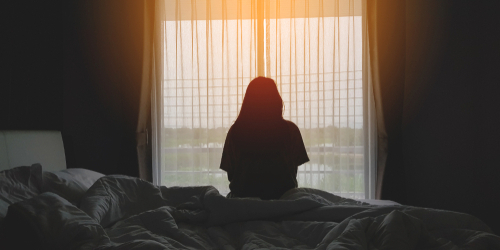
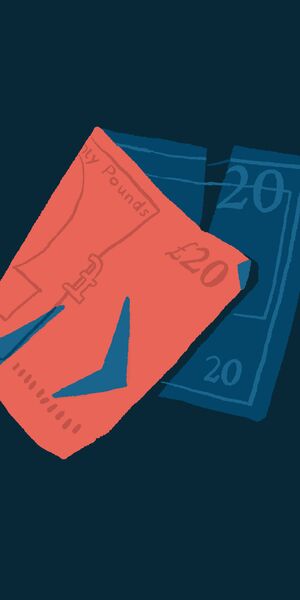
Share story
Fresh calls in the Netherlands to ban paying for sex